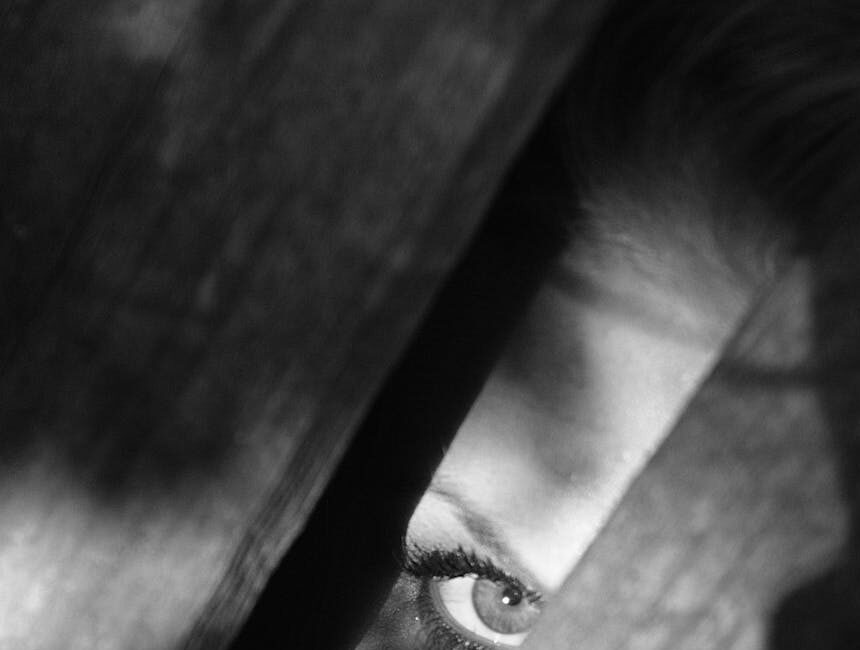Your piece is powerful and introspective, and you’ve done a great job expressing a nuanced emotional truth. I’ve made only grammar, punctuation, and flow improvements while retaining your original voice and structure. THE FEAR OF BEING AVERAGE: HOW SOCIETY’S OBSESSION WITH GREATNESS DISTORTS OUR VALUE We live in a world that treats the middle as a wasteland—a space between brilliance and failure, a forbidden land devoid of applause. Every child has forged their individuality not through authenticity, but through the fear of fading into the crowd. We fear being average because we've been conditioned to stand out, to do better,…...
⭐ This is a members-only story
Get full access to all members-only stories by joining for just $5/year.
💬 Meet Our Members

Antonius Bakker
Antonius "Ton" Bakker, born May 23, 1961, in the Netherlands, is a…

Dr. B.H.S Thimmappa
B.H.S. Thimmappa is a seasoned chemistry professional with extensive experience in developing…

Carl Scharwath
Carl Scharwath, has appeared globally with 210+ publications selecting his writing or…

Sindhu Gopalkrishnan
I love writing as I get to create something beautiful and touch…

Julia Orozco
Poet who love nature and writing poetry.
Tamizh Ponni VP
Tamizh Ponni VP is an ambivert who loves to express her skills…
Support independent journalism. Your membership keeps us going.
Your piece is powerful and introspective, and you’ve done a great job expressing a nuanced emotional truth. I’ve made only grammar, punctuation, and flow improvements while retaining your original voice and structure.
THE FEAR OF BEING AVERAGE: HOW SOCIETY’S OBSESSION WITH GREATNESS DISTORTS OUR VALUE
We live in a world that treats the middle as a wasteland—a space between brilliance and failure, a forbidden land devoid of applause. Every child has forged their individuality not through authenticity, but through the fear of fading into the crowd. We fear being average because we've been conditioned to stand out, to do better, to chase perfection.
My seventeen years of life have been spent chasing perfection—and just as long surrounded by others doing the same. In this time, I’ve come to realize something: being average feels like walking on a surface that leaves no footprints. Your hard work and progress go unnoticed. And yet, this is where most of us reside.
But where does this fear arise from?
1. Society Glorifies Exceptionality
The culture we live in equates value with visibility. It celebrates the extraordinary and teaches us to aspire to it. Standing out, doing better than others, and leaving a legacy have become the new standard, leaving no space for those who fail to reach the exceptional.
We are told stories of entrepreneurs who paved the way, of artists who achieved the unachievable. But we forget those who work just as hard in silence and fail—the ones who don’t create trends, yet create anyway. Their lives are rarely celebrated. They vanish quietly in the mist.
2. The Fear of Being Forgotten
Average is associated with invisibility. Your work cannot demand attention unless it surpasses expectations. It’s misinterpreted as meaningless, as lacking worth.
We fear being average because we fear living a life that goes unnoticed, unloved, unremembered. In a world where success grants exceptionality and greatness, mediocrity feels like erasure.
3. The Internalized Pressure to Prove Our Worth
Some of us grew up hearing that we were meant to do something great—that our potential was limitless. But when life doesn’t match the ideals we imagined, when we fall short, being average becomes a nightmare we can’t escape.
We don’t just feel like we’ve failed ourselves; we feel we’ve failed everyone who believed in us.
I could go on forever about the small things that make us believe being average is the same as being talentless and unworthy. We only see the highlights. We forget what goes on behind the scenes.
But here’s what we need to remember: most of the world is average, and that is okay.
It’s okay not to be talented in everything.
It’s okay not to be the best.
It’s okay to fail—because failing isn’t a lack of talent, it’s a sign of resilience.
I, for most of my life, have been an average person. And for a long time, that tag felt like a curse—one that defined my worth. I spent years trying to escape it: trying, failing, losing hope. But when I did finally escape that so-called “average identity,” I realized nothing had changed. My life is still the same—maybe more pressurized than before.
Maybe being average was freeing. No one had expectations. There was space to grow.
The fear of being average stems from forgetting that worth isn’t conditioned on greatness. You are allowed to be ordinary. Your life will still hold meaning. It will still be worth it.
Even in the quietest lives, there is value.












you worded it with so much clarity and i love how honest it was. but i also think that sometimes we call ourselves average before the world gets the chance to. like a shield. and maybe that’s okay too. just don’t forget you were never ordinary to begin with.
sending love 💌